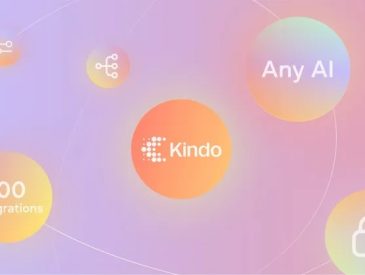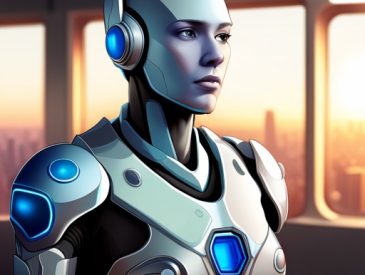Government A100-Based Supercomputer Half Off Through September: NERSC’s Limited-Time Offer
In a move that has garnered significant attention, the U.S. National Energy Research Scientific Computing Center (NERSC) is currently offering a limited-time discount on its supercomputer for GPU-based workloads. This exclusive offer allows researchers and organizations to access the power of NVIDIA A100-based supercomputing at half the regular price throughout the month of September.
The NERSC, known for its state-of-the-art computing resources, has decided to slash the prices of its A100 GPU nodes in a bid to support advanced research and accelerate scientific breakthroughs. By providing this discount, the NERSC aims to make high-performance computing more accessible, allowing researchers to harness the immense power of A100 GPUs at a fraction of the usual cost.
The NVIDIA A100 chip, priced at $10,000 per unit, has been at the forefront of the race for artificial intelligence. Its exceptional performance and capabilities have revolutionized AI-driven applications. However, the high costs associated with accessing this cutting-edge technology have often posed a barrier to entry for many researchers and organizations.
With this limited-time offer from the NERSC, the barriers are being broken down. The 50% discount on A100 GPU nodes provides an unprecedented opportunity for researchers to leverage the immense computing power of these supercomputers. By significantly reducing the financial burden, the NERSC empowers scientists and organizations to embark on ambitious projects that were previously out of reach.
The discounted access to A100-based supercomputers is particularly beneficial for GPU-based workloads, enabling researchers to tackle computationally intensive tasks in various domains. Whether it’s simulating complex physical phenomena, training AI models, or analyzing massive datasets, the NERSC’s discounted supercomputing resources offer the necessary computational horsepower to drive groundbreaking discoveries.
This move by the NERSC comes at a time when supercomputing capabilities are in high demand across a wide range of scientific disciplines. By making A100-based supercomputers more affordable, the NERSC is fostering innovation and collaboration within the research community. This initiative is expected to propel advancements in fields such as climate modeling, material science, genomics, astrophysics, and more.
Researchers and organizations looking to take advantage of this limited-time offer should act quickly. The discounted access to NERSC’s A100 GPU nodes is only available throughout September. By seizing this opportunity, scientists can accelerate their research, optimize algorithms, and push the boundaries of scientific knowledge.
The NERSC’s commitment to providing discounted access to A100-based supercomputers signifies the importance of democratizing high-performance computing resources. By offering such a substantial discount, the NERSC is supporting researchers and organizations in their quest to solve complex challenges and make breakthrough discoveries.
Get ready to dive into a world of AI news, reviews, and tips at Wicked Sciences! If you’ve been searching the internet for the latest insights on artificial intelligence, look no further. We understand that staying up to date with the ever-evolving field of AI can be a challenge, but Wicked Science is here to make it easier. Our website is packed with captivating articles and informative content that will keep you informed about the latest trends, breakthroughs, and applications in the world of AI. Whether you’re a seasoned AI enthusiast or just starting your journey, Wicked Science is your go-to destination for all things AI. Discover more by visiting our website today and unlock a world of fascinating AI knowledge.
Sources:





